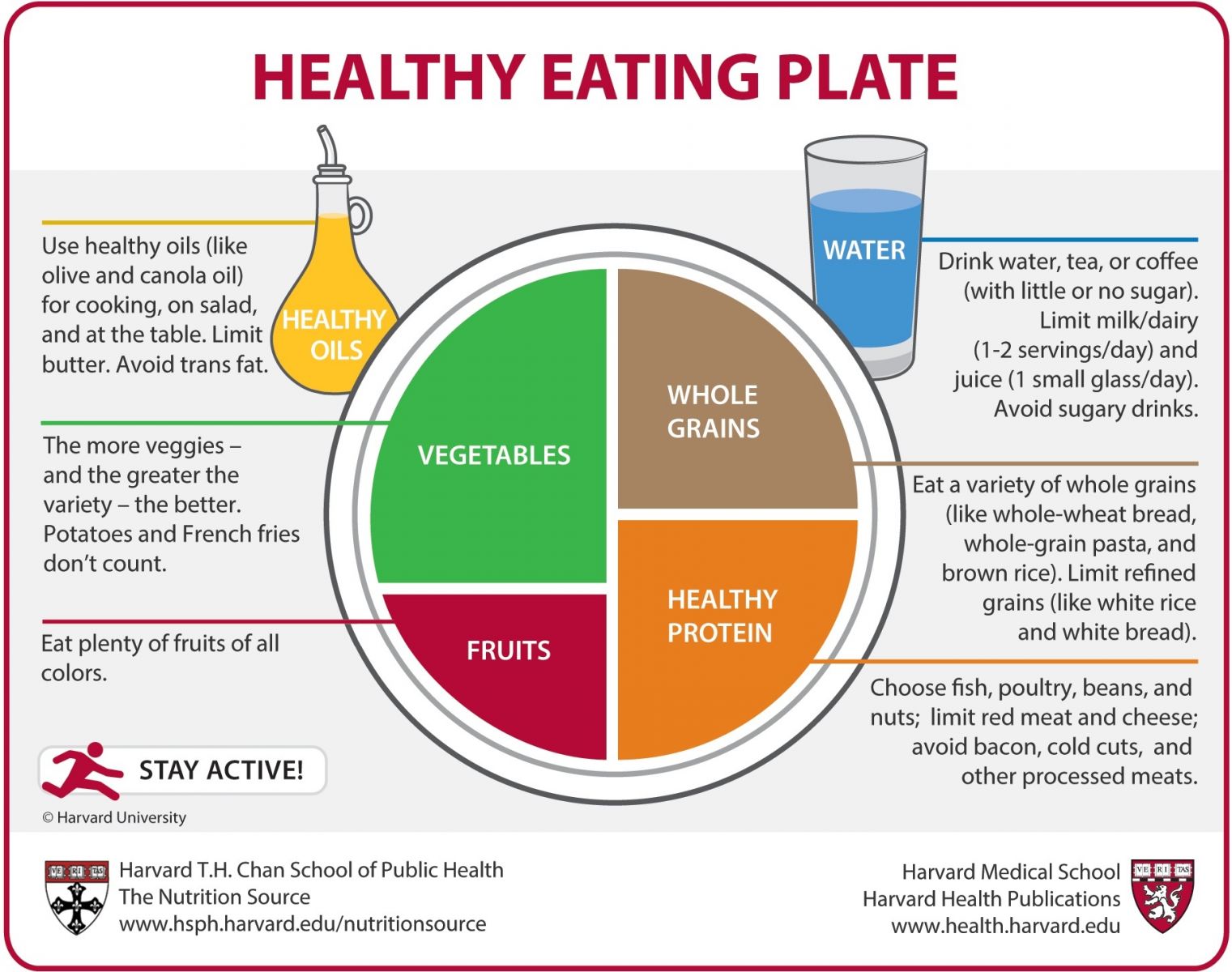By FALPC Intern, Kristina Kalolo
 Do you ever wonder what would happen if one-fourth of the nation’s agricultural land, and one-third of American’s calories, weren’t dedicated to corn? Well, lucky for you, the researchers over at the Union of Concerned Scientists (UCS) recently released “The Healthy Farmland Diet”. It is a study that examines what would happen if less corn were grown and, instead, people ate the recommended amount of fruits, vegetables, and nuts.
Do you ever wonder what would happen if one-fourth of the nation’s agricultural land, and one-third of American’s calories, weren’t dedicated to corn? Well, lucky for you, the researchers over at the Union of Concerned Scientists (UCS) recently released “The Healthy Farmland Diet”. It is a study that examines what would happen if less corn were grown and, instead, people ate the recommended amount of fruits, vegetables, and nuts.
Despite the fact that crop production is the third-largest use of land in the United States, fruits and vegetables only account for 2 percent of what is grown. This cropland is incentivized through farm policies that distribute subsidies for farmers to grow “commodity crops”, mainly corn and soybeans.
Based on “The Healthy Eating Plate” created by Harvard researchers, the UCS tested what would happen if Americans ate the recommended amount of fruits, vegetables, proteins, and whole grains.

Finding 1: U.S. farms would grow significantly more fruits and vegetables.
Finding 2: Decreases in demands for dairy products would decrease how much grains farmers grow.
Finding 3: Changes in consumer demand for meat would similarly shift U.S. grain production.
The UCS found that if Americans did eat the recommended amounts of fruits and vegetables (F&V) that 30,000 deaths could be prevented each year. Additionally, by shifting land to produce more F&V in the agricultural regions there would be health and economic benefits for locally economies. There would also be significant decreases in pollution from fertilizers and CAFOs (concentrated animal feeding operations). The UCS estimates that such a shift would generate 6.724 jobs and $336 million in additional income for farmers. Americans eating more fruits and vegetables, along with supportive farm policy, would benefit consumers, farmers, and local economies.
According to their findings, the UCS recommends:
1) Congress should fund, and the USDA should implement, programs that help farmers grow more F&V.
2) Congress and the USDA should also fund and implement policies to improve consumer access to F&V.
3) Congress should curb subsidies promoting ingredients for unhealthy processed food and invest in programs that help farmers grow the food Americans need.



